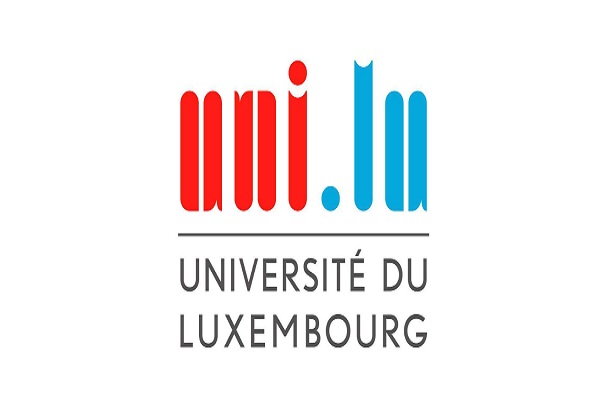
Professor Alexandre Tkatchenko and his research team at the University of Luxembourg have been awarded grants totalling €500,000 to conduct research in the emerging field of machine learning methods for chemical discoveries.
The discovery and formulation of new drugs, antivirals, antibiotics and in general chemicals with tailored properties is a long and painstaking process. Interdisciplinary research at the crossroads of biochemistry, physics and computer science can change this. The development of machine learning (ML) methods, combined with first principles of quantum and statistical mechanics and trained on increasingly available molecular big datasets, has the potential to revolutionise the process of chemical discovery.
“Chemical discovery and machine learning are bound to evolve together, but achieving true synergy between them requires solving many outstanding challenges,” explained Alexandre Tkatchenko, Professor of Theoretical Chemical Physics at the University of Luxembourg.
The university initiated a collaboration with Belgian company Janssen Pharmaceuticals in spring 2020 to develop novel ML methods for identifying compounds that have a strong therapeutic potential (also called drug candidates). So far, ML approaches have been developed for small molecules. This research project aims to extend the architecture and transferability of quantum mechanics-based ML approaches to large molecules of pharmaceutical importance.
Dr. Leonardo Medrano-Sandonas, a postdoctoral researcher in Prof. Tkatchenko’s group, added: “The generation of novel chemicals with activity on relevant biological targets is the core business of pharmaceutical companies. Machine learning approaches have the potential to speed up the process and reduce failure rates in drug discovery. Having been approached by a leading pharmaceutical company to work together in identifying drug candidates is a gratifying sign of the industrial recognition of our expertise".
Together with three large European pharma companies (Bayer, AstraZeneca, Janssen), the chemical company Enamine and ten academic partners with expertise in computational drug design, Prof. Tkatchenko has been granted the Marie Skłodowska-Curie Actions - Innovative Training Network grant for the project "Advanced machine learning for Innovative Drug Discovery" (AIDD) for the period 2021-23. This project aims to develop innovative ML methods to contribute to an integrated “One Chemistry” model that can predict outcomes ranging from molecule generation to synthesis and understand how to intertwine chemistry and biology to develop new drugs.
Here scientific expertise joins forces with medicinal and synthetic chemistry expertise of the industrial partners, and benefits from large valuable datasets. For the first time, all methodological developments will be available open source. The training network will prepare a generation of scientists who have skills both in machine learning and chemistry to advance medicinal chemistry.
The field of ML for chemical discovery is emerging and substantial advances are expected to happen in the near future.








